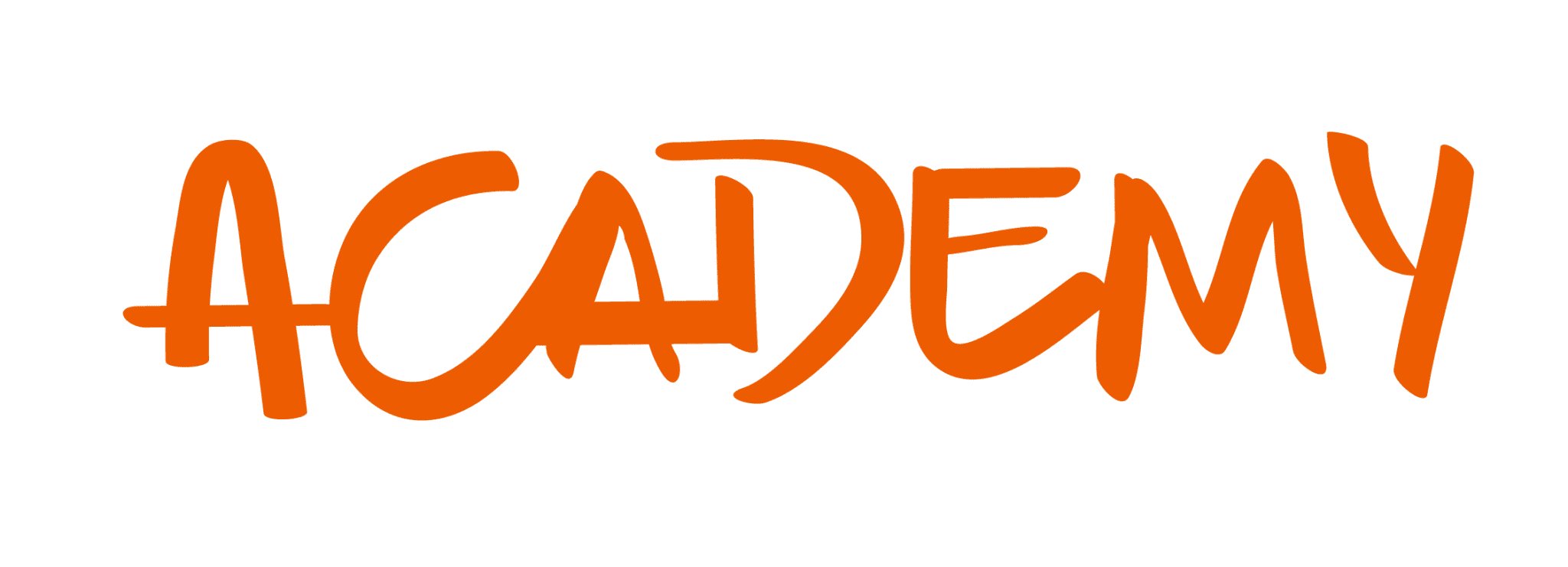Working in an agency can be a constant challenge. Between fast-moving projects, clients expecting quick responses, and teams with packed schedules, maintaining control of information can feel nearly impossible. How often have you wasted time looking for a file in the wrong place or waiting for an update that never arrived?
Centralizing information isn’t just about organization—it’s about simplifying daily workflows. It’s a way to ensure that your entire team is on the same page, avoiding mistakes and gaining agility. In this article, we’ll explore how centralization can make a real difference in your agency and how you can implement it effectively and easily.
Why is centralizing information important?
When all information is consolidated into a single system, the impact on operational efficiency in the agency is immediate. Reducing the time spent locating scattered data allows teams to focus on essential tasks, speeding up processes and eliminating bottlenecks. This seemingly simple shift can transform daily workflows by prioritizing execution over searching.
Additionally, team collaboration is significantly enhanced. Using a system that unifies all information ensures that real-time updates become the norm, minimizing the risks of misunderstandings or errors caused by outdated data. This seamless communication among team members not only improves results but also fosters a more cohesive and efficient work environment.
From a strategic standpoint, having centralized information provides agency leaders with a clear and reliable perspective for making data-driven decisions. With quick access to reports and key metrics, decisions are based on thorough analysis rather than estimates, strengthening strategic direction and responsiveness to market changes.
“A centralized system not only boosts internal efficiency but also builds trust and stronger client relationships by delivering clear, real-time reports.”
Centralizing information comes with challenges, but understanding them prepares you for success
“Every well-planned step toward centralization guarantees benefits that transform any agency’s dynamics.”
Although centralizing information offers undeniable benefits, it also involves facing certain challenges that require careful planning and strategy. One significant barrier is resistance to change. Adapting teams to new tools or processes can generate uncertainty or pushback, emphasizing the importance of clearly communicating the benefits and providing robust training from the outset.
Another common challenge is the integration of preexisting systems. Many agencies rely on multiple platforms for different tasks, making it necessary to migrate data or implement advanced integrations to consolidate information into a single system. This process must be handled carefully to ensure a smooth transition that doesn’t disrupt daily operations.
Additionally, centralization demands a rigorous approach to data security. Consolidating information in one place makes it more accessible but also exposes it to greater risks without robust measures for privacy and unauthorized access prevention. Addressing these considerations is essential to ensure that the advantages of centralization are not undermined by vulnerabilities in information management.
How to start centralizing information in your agency
Starting to centralize information in your agency requires a clear vision and a well-structured plan. Before taking any action, it’s crucial to analyze the specific needs of your operation in detail. This includes identifying the most relevant data for daily tasks and pinpointing critical areas where data losses or unnecessary duplication occur. Once this needs map is defined, the next step is to choose a tool that meets two essential criteria: enabling efficient centralization and being flexible enough to adapt to your team’s unique dynamics.
Implementation should not happen all at once. Changing established processes carries the risk of productivity interruptions if not handled carefully. A gradual transition allows teams to familiarize themselves with new tools, minimizing resistance and ensuring a more organic adoption. During this initial phase, training plays a pivotal role. It’s not enough to teach the technical use of the system; it’s essential to demonstrate how it directly adds value to each team member’s daily work.
“The success of centralization doesn’t just depend on the tool you choose but on how you prepare your team to adapt to the change.”
However, implementing a centralized system is just the beginning. Its long-term success depends on constant monitoring and the ability to adjust the system as new needs arise. Regularly evaluating its effectiveness, gathering team feedback, and making periodic optimizations ensure that centralization remains not only useful but also sustainable, contributing to the continuous growth of the agency.
Conclusion
Centralizing information in an agency is not just a smart strategy but a necessity to stay competitive in an increasingly dynamic market. By implementing the right tools and processes, agencies can reduce internal friction, optimize their operations, and provide better service to their clients.
Now is the time to take the step toward centralization. Is your agency ready for the change?














